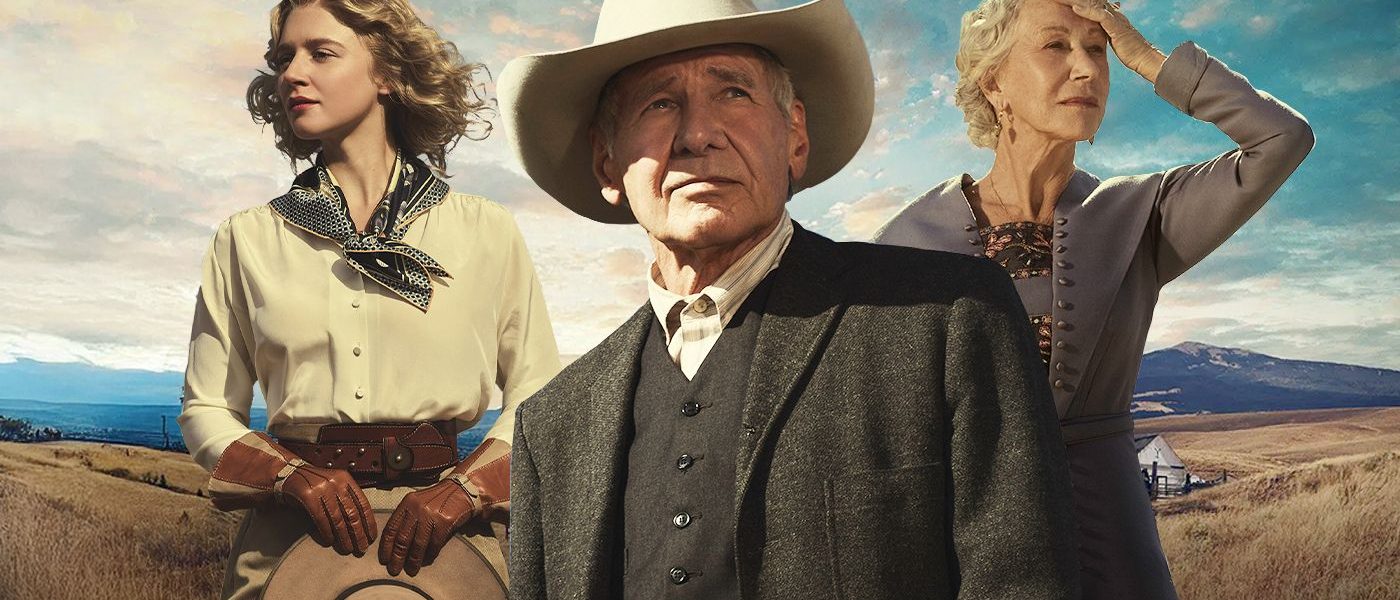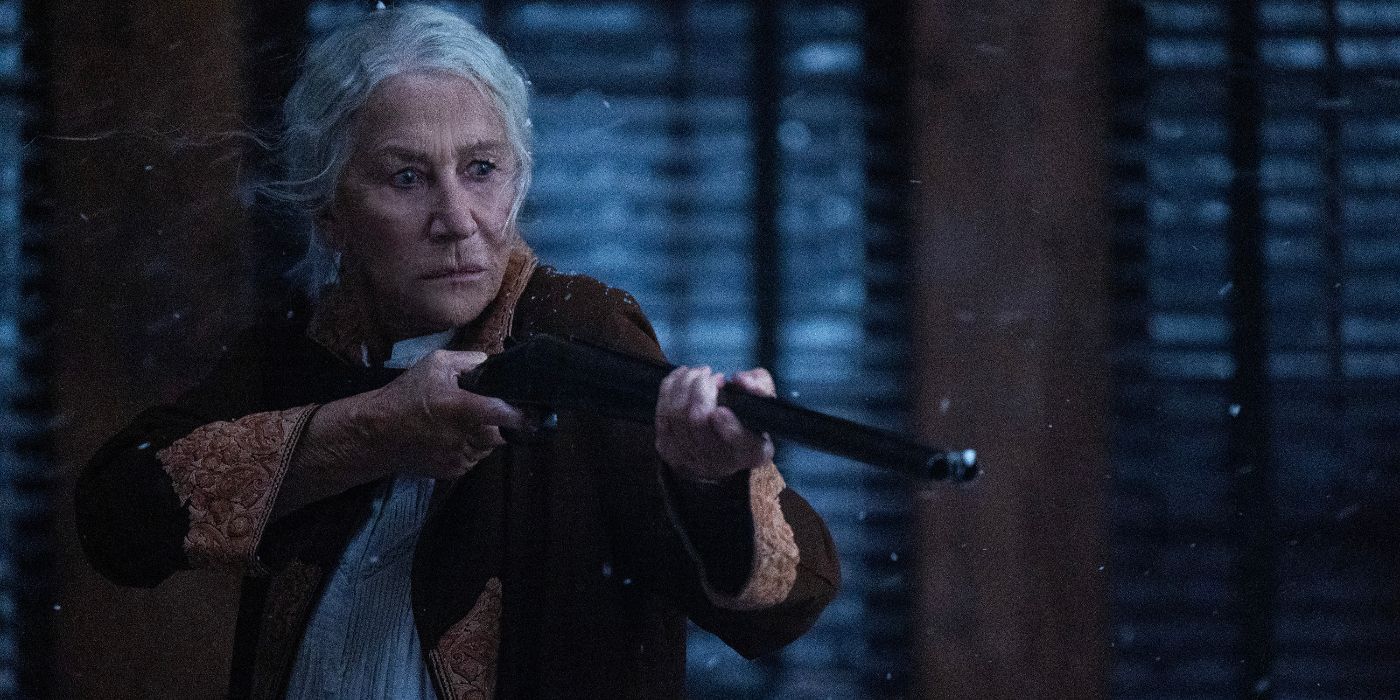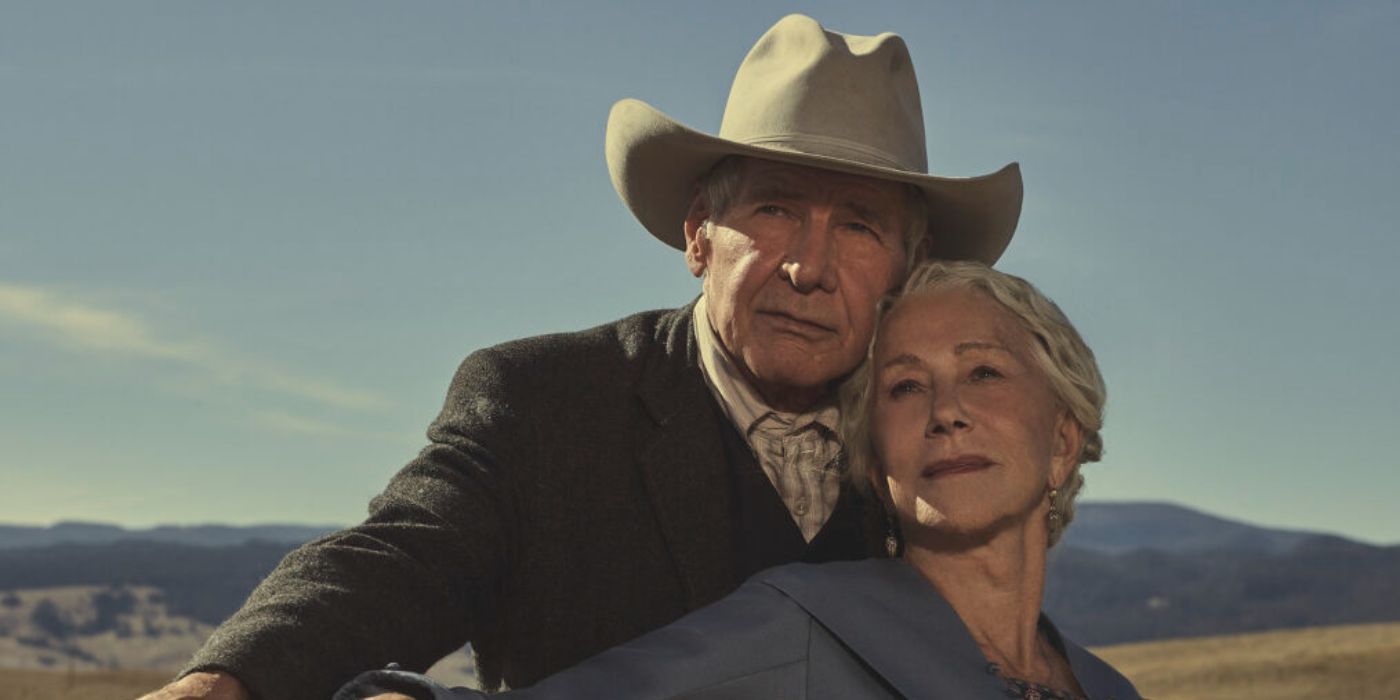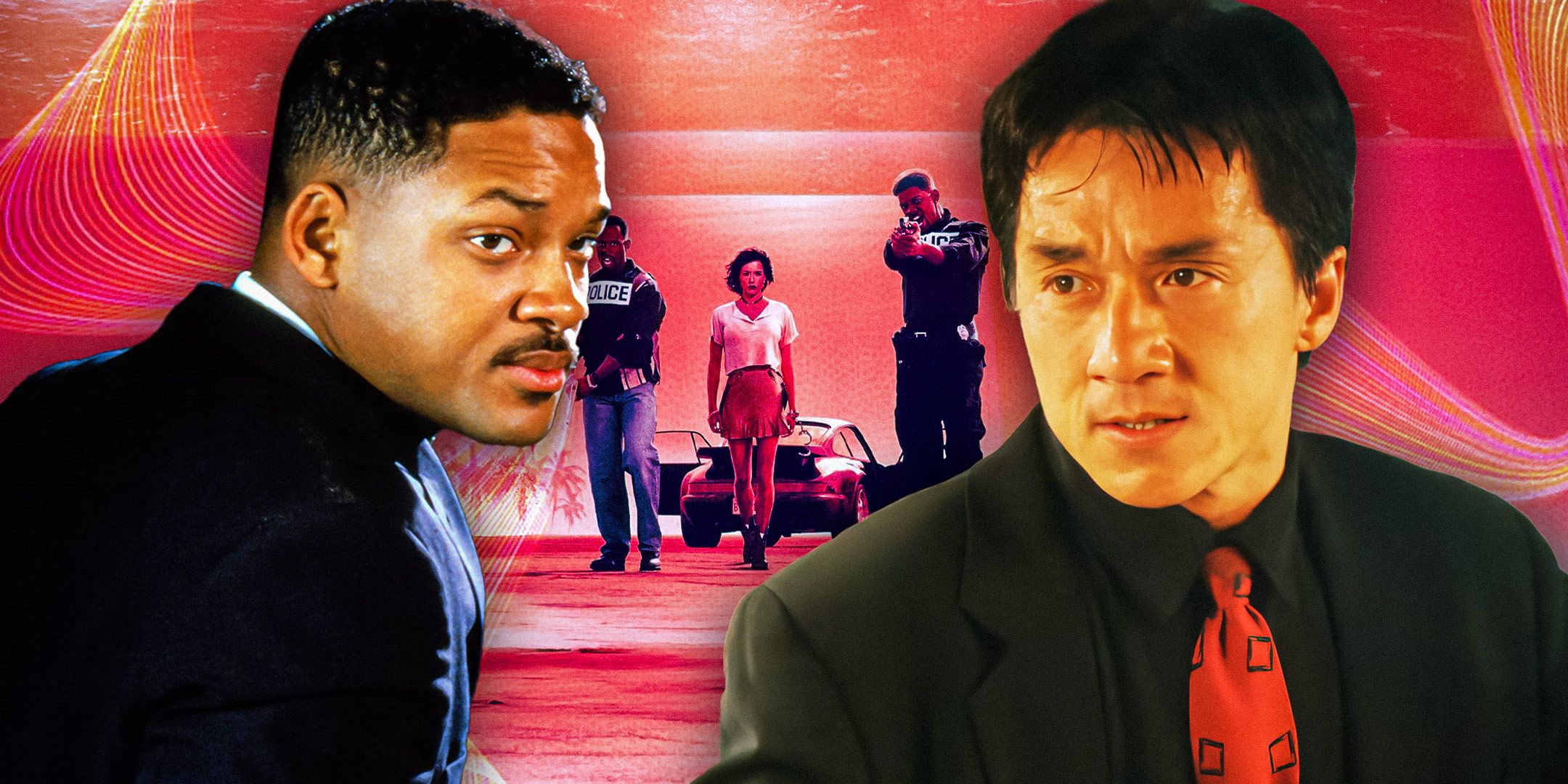The Western genre has evolved significantly over the years, and Taylor Sheridan’s 1923 stands out as a remarkable departure from traditional portrayals. This series acts not merely as a bridge between <em>1883</em> and Yellowstone, but as a profound examination of the American West and its cultural implications. Through the intimate stories of its two older protagonists, viewers are offered a glimpse into a rich culture slowly fading away, as they grapple with their memories and strive to preserve the world they once cherished. This narrative is poignantly mirrored in the experiences of the Crow tribe, highlighting the ongoing struggles faced by Indigenous peoples long after the initial conquests. In this way, 1923 presents a complex view of the West, illustrating the coexistence of light and darkness, while returning to classic Western themes and infusing them with a contemporary relevance.
Explore the Legacy of Classic Westerns in ‘1923’
It’s evident that the Western genre is currently experiencing a revival, largely fueled by the innovative shows produced by Taylor Sheridan. Besides the acclaimed Yellowstone franchise, which includes three spin-offs, other series like <em>Landman</em> and Lawmen: Bass Reeves have emerged as unexpected triumphs, each carving out its own niche. Although the Western genre may no longer dominate Hollywood as it once did, the influence of past stories is palpable in the modern iterations, especially within the Dutton universe. Esteemed actor Harrison Ford is emblematic of this connection, as he grew up during the golden age of Westerns. His attraction to 1923 transcends mere nostalgia; during a red carpet interview at the Season 2 premiere, he articulated his deep appreciation for the series, stating:
“I love the viscerality of it, I love the physical nature of the storytelling, I love being in natural circumstances. It’s a kind of old-fashioned movie-making mostly, no CGI or very little CGI — a little something to sweeten the location. But it’s really essential, old-time storytelling and I love working with this kind of material.”
Similar to all the Yellowstone series, 1923 deeply honors the natural beauty of the American frontier, a landscape that has largely been lost to modern development. In a world increasingly defined by industrialization, the stunning visuals of the Montana landscape serve as a poignant reminder of what needs to be preserved. The character of Donald Whitfield (Timothy Dalton), representing the ruthless capitalist, personifies modernity itself as a formidable antagonist, contrasting sharply against the more traditional outlaw figure of Creighton Brennan (Jerome Flynn). While Whitfield’s plans appear doomed to fail, they symbolize a critical juncture for the Dutton family, who will spend the next century battling to safeguard their cherished land.
Understanding the Complexity of ‘1923’ as a Western Narrative
The setting of 1923 is particularly noteworthy as it occurs in a time when the Wild West has already diminished significantly. By the time the Duttons established themselves in Montana during 1883, the era was largely over, and 1923 captures the Duttons grappling with their new reality. The series effectively illustrates their struggle to adapt to a rapidly urbanizing world. Small yet impactful moments, such as Cara (Helen Mirren) being bewildered by an old-fashioned telephone, serve to highlight a profound sense of alienation that resonates deeply. This reflects a larger theme of the series, where the characters confront the artificiality of modern America, all while attempting to preserve the rugged authenticity of their land. Harrison Ford’s character, Jacob Dutton, embodies this desire to keep the essence of the Wild West alive amidst encroaching change.
While 1923 romanticizes the essence of the West, it also critically examines its complexities, particularly in relation to Native American history. The cultural genocide faced by Indigenous peoples is a painful reality that often gets overlooked in mainstream narratives. Portraying the harrowing experiences of Teonna Rainwater (Aminah Nieves) and the traumatic legacy of Catholic schools provides a stark reminder that the quest for freedom in the West came at a devastating cost. Many Westerns depict Indigenous resistance through violence, yet 1923 chooses to delve into the generational trauma and quiet suffering faced by native communities. This approach does not diminish the romanticized love for the genre but instead offers a more honest representation of the Wild West that acknowledges all perspectives in a time where myth and reality began to blur.
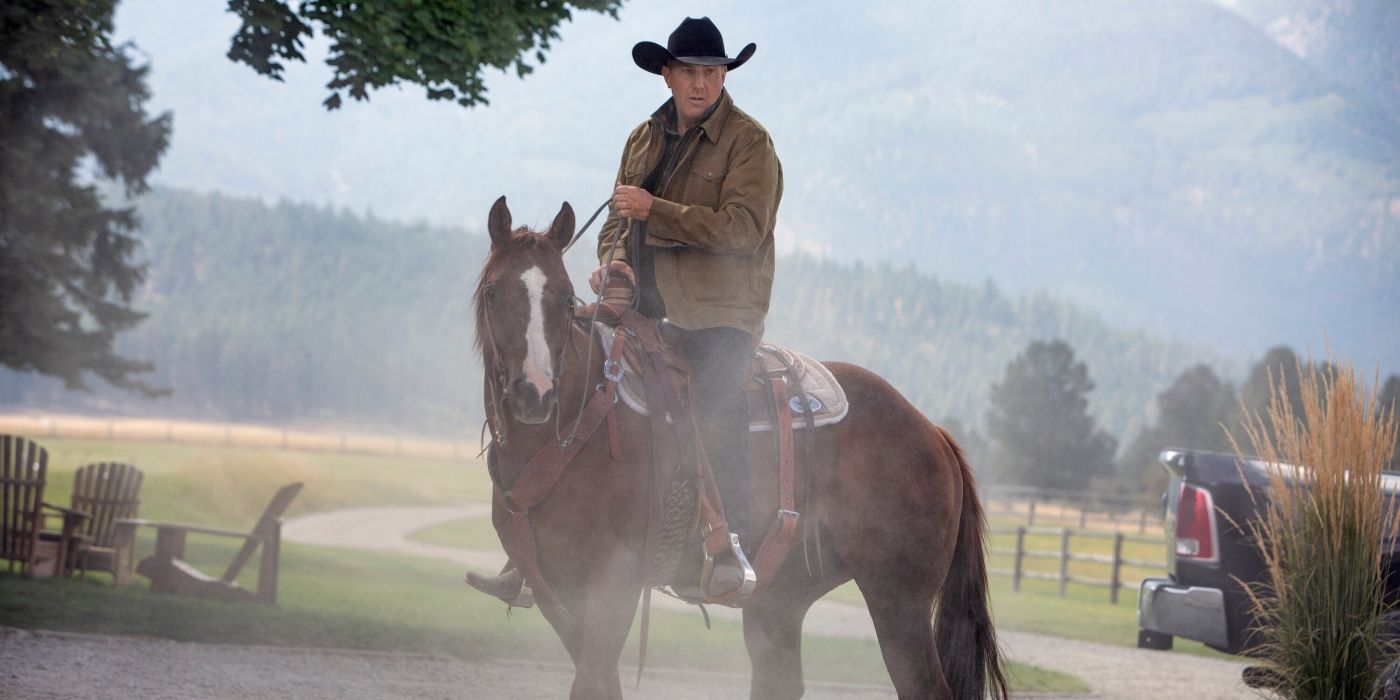
Related
Did ‘1923’ Finally Solve the Mystery of ‘Yellowstone’ Patriarch John Dutton’s Family Tree?
How does John Dutton relate to Jacob and Cara?
‘1923’ Maintains a Unique Position Within the Yellowstone Universe
In the realm of Westerns, themes of individuality and freedom frequently take center stage, often depicted as inseparable concepts. Many previous Yellowstone narratives have explored these themes, yet 1923 offers a fresh perspective, as the Duttons are now fully integrated into their Montana surroundings. Unlike the larger, more dysfunctional family portrayed in Yellowstone a century later, the characters in 1923 are at their most cohesive, exhibiting their individualism by resisting the tide of modern American culture. This powerful motivation resonates with contemporary audiences, allowing a period piece to remain relevant by addressing modern concerns about cultural identity amidst societal change.
Another distinctive feature of the Yellowstone franchise is its ability to blend various subgenres while staying true to its core Western identity. Although 1923 is primarily a Western, it embraces a diverse array of storytelling styles. In contrast to 1883, which feels like a grand historical epic, and Yellowstone, which incorporates elements of political thrillers, 1923 also weaves a classic romance into its narrative, showcasing the journey of Spencer Dutton (Brandon Sklenar) and Alexandra (Julia Schlaepfer) as they strive to return to Montana from British East Africa. This unique subplot broadens the appeal of the show, attracting new viewers who might not have been drawn to the traditional Western narrative. Love has always been a central theme within the Yellowstone universe, but here it takes precedence, illustrating how profoundly both the Western and global landscapes have transformed.
Ultimately, 1923 revitalizes the Western genre and the ideals it represents. It challenges audiences to reflect on their connections to nature and each other, suggesting that perhaps a piece of the Wild West can endure if we cherish both the land and the bonds we form with one another.
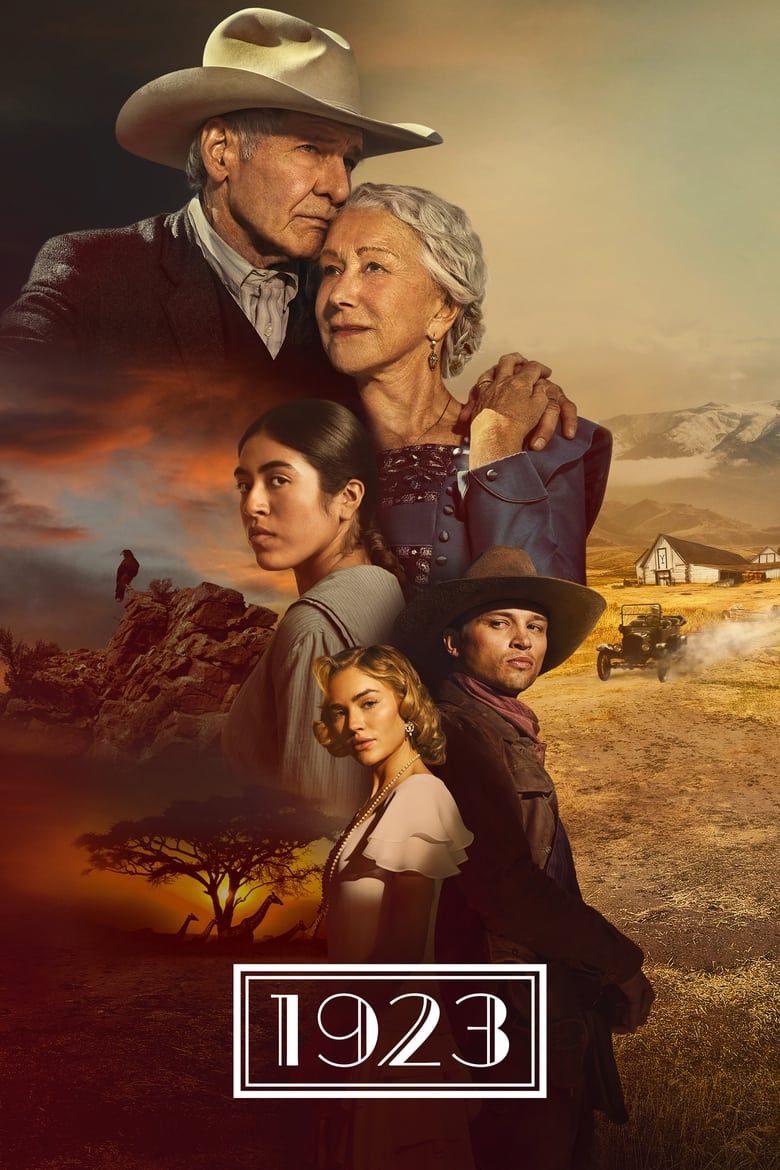
1923
- Release Date
-
2022 – 2024
- Network
-
Paramount+
<

